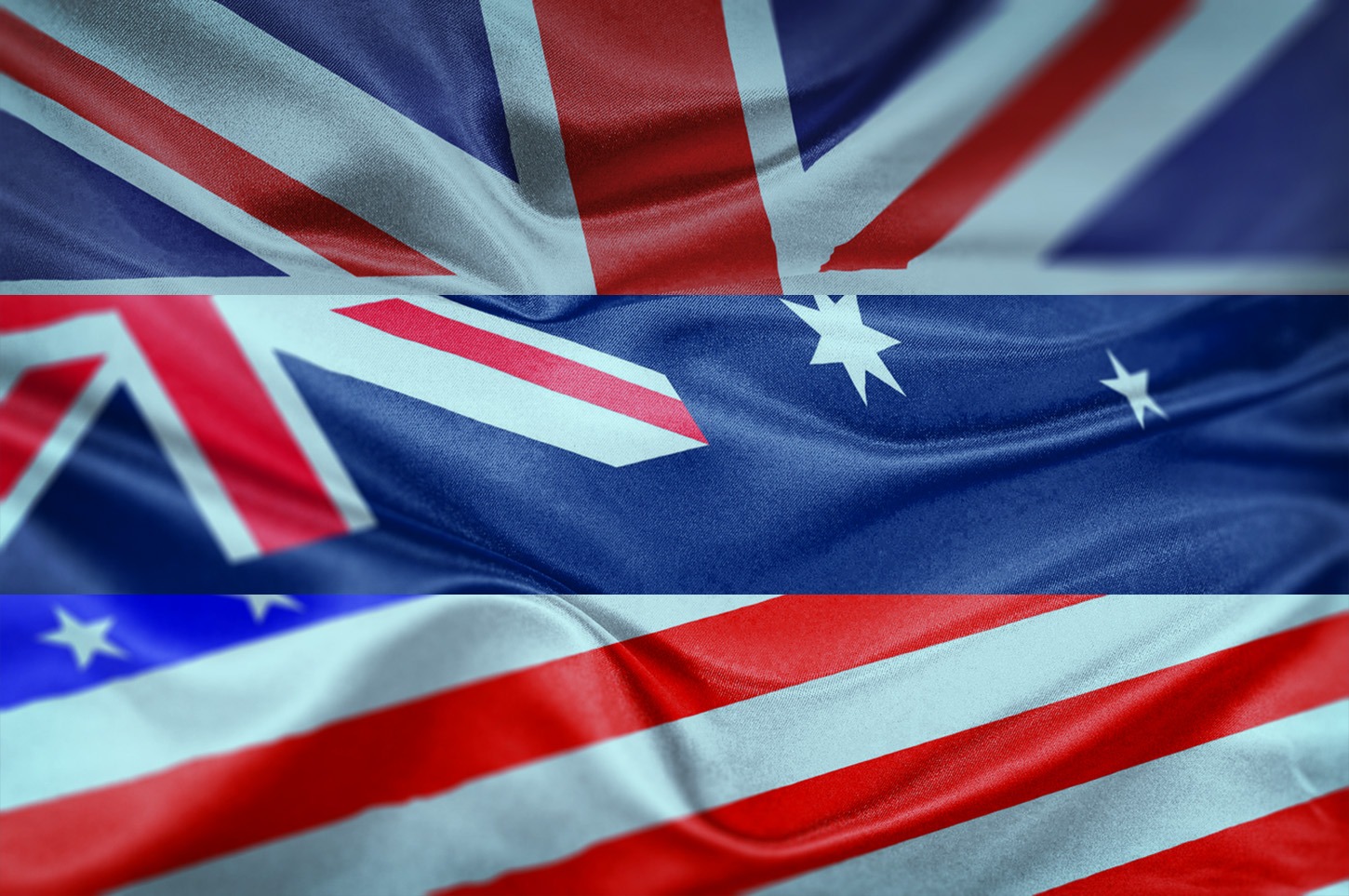ASEAN Can Make a Difference for Myanmar and for the World
NIKKEI ASIA
APLN Chair Marty Natalegawa writes for Nikkei Asia and argues that Southeast Asia must seize summit opportunities to secure commitments to peace. Read the original article here.
The coming days and weeks will be pivotal. The world can continue its seemingly relentless rush into the abyss of ever-deepening geopolitical chasms and distrust, poisoning the prospects for cooperative partnership on the environment, public health, sustainable development and other global goods and raising the risks of miscalculation and unintended conflict.
Or the world can pause and reorient, and acknowledge that while disagreements, competitions and rivalries are intense, pervasive and cannot simply be wished away, conflict is not inevitable. This can arrest the downward spiral, quieten the drums of war and allow diplomacy to take center stage.
Cambodia has just hosted more than a dozen national leaders for the East Asian Summit and related Association of Southeast Asian Nations events. This week, Indonesia and Thailand will take their turns with the Group of 20 and the Asia-Pacific Economic Cooperation summit, respectively, bringing together leaders of key protagonists in the recent global turmoil.
In these extraordinary and treacherous times, these roles offer unique and precious opportunities for the countries of Southeast Asia to make a positive difference for the planet.
It is certainly not the time for a business-as-usual approach of simply playing the role of efficient host, satisfied with high attendance and the adoption of long-negotiated and voluminous formal outcome documents while seemingly oblivious and disconnected from the fast-unravelling situation beyond the conference forum.
This would be to underwhelm precisely at a time when the world yearns for demonstrations of positive and constructive leadership.
It is time instead for bold and courageous efforts at waging peace and for the countries of Southeast Asia to act decisively and urgently in concert beyond their all-too-familiar refrain of expressions of concern and expressing a steadfast position of not taking sides.
Ours is a region that has not shirked its responsibilities. First, in transforming the intraregional dynamics of Southeast Asia from an environment marked by a deficit of trust to establishing strategic trust among the region’s states. Second, in actively extrapolating from ASEAN’s positive experience to help make the wider Indo-Pacific region more pacific.
The result, notwithstanding serious recent challenges from developments in Myanmar, is a Southeast Asia able to reap the benefits of the dividends of peace, economic betterment and progress.
As Indonesia and Thailand gear up for the G-20 and APEC, concerted and coordinated efforts can still be made by a united ASEAN to extract at least informal collective pledges from participating national leaders to personally commit their countries to manage competition, rivalries and differences among themselves through dialogue and diplomacy.
In what is sometimes called “the ASEAN way,” Southeast Asian nations have shown special skill at creating climate-conducive environments, often in informal, low-key settings, for such meetings of the mind to occur. Certainly, a commitment to peace would be an invaluable achievement from this week’s summits.
In ASEAN’s favor, the wherewithal already exists. Around 40 countries outside the bloc have committed to the principle established under the 1976 Treaty of Amity and Cooperation in Southeast Asia of renouncing the use of force to resolve disputes, with Ukraine this month becoming the latest signatory. The 2011 Declaration of the East Asia Summit on the Principles for Mutually Beneficial Relations is also not insignificant in this respect.




